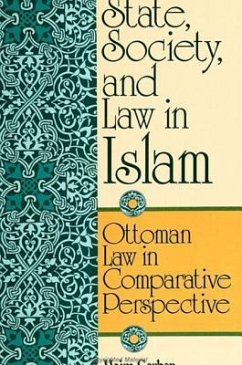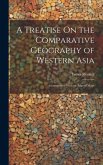This book explores the legal structure of the Ottoman Empire between the sixteenth and early nineteenth centuries and examines its association with the Empire's sociopolitical structure. The author's main focus is on the relationship between formal Islamic law and the law as it was actually administered in seventeenth- and eighteenth-century Istanbul and its environs. Using court records, other primary archival documents, and little-used Islamic literature, Gerber establishes for the first time that large bodies of the law were indeed practiced and enforced as law. This refutes the ethnocentric Western view, propagated by Max Weber, that Islamic law was dispensed arbitrarily because of a widening gap between ossified Muslim law and a changing Muslim society. Gerber furthermore integrates his empirical research into a wider theoretical framework adapted from legal and historical-legal anthropology and uses this material as the basis for comparisons between the Ottoman Empire's legal system and other legal systems, most notably that of Morocco. This book shows that although Islamic law as practiced did have to contend with an inviolable sacred core, historical development nevertheless took place that can shed new light on the civilization of Islam.
Hinweis: Dieser Artikel kann nur an eine deutsche Lieferadresse ausgeliefert werden.
Hinweis: Dieser Artikel kann nur an eine deutsche Lieferadresse ausgeliefert werden.








